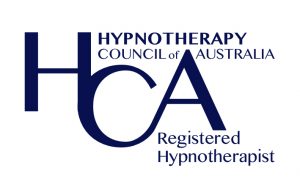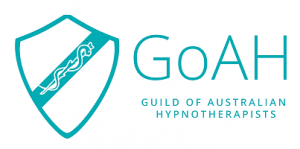
Psychoeducation, a therapeutic approach that involves educating individuals about psychological concepts, has been shown to significantly enhance self-confidence. By providing insights into mental health, coping strategies, and emotional regulation, psychoeducation empowers individuals to better understand themselves and their capabilities.
Understanding Psychoeducation
Psychoeducation is designed to inform individuals about their mental health conditions, treatment options, and coping mechanisms. It encompasses a wide range of topics, including stress management, emotional regulation, and cognitive restructuring. By equipping individuals with knowledge, psychoeducation fosters a sense of control and competence, essential components of confidence.
How Psychoeducation Boosts Confidence
1. Increased Self-Awareness
Psychoeducation enhances self-awareness by helping individuals recognize their thought patterns, emotional triggers, and behavioral responses. A study published in The Journal of Clinical Psychology found that participants who received psychoeducational interventions reported increased self-awareness, which contributed to higher self-confidence. Understanding oneself more deeply allows individuals to identify and address negative self-perceptions that undermine confidence.
2. Skill Development
Psychoeducation includes training in practical skills such as problem-solving, communication, and stress management. These skills are crucial for navigating challenges and maintaining confidence. Research in *Psychiatric Services* highlighted that psychoeducational programs improved participants’ coping skills, which, in turn, bolstered their confidence in handling difficult situations.
3. Cognitive Restructuring
One of the core components of psychoeducation is cognitive restructuring, which involves challenging and reframing negative thoughts. This process helps individuals replace self-doubt with positive affirmations and realistic self-assessments. A study in *Behavior Research and Therapy* demonstrated that cognitive restructuring techniques significantly reduced self-critical thoughts, leading to enhanced self-esteem and confidence.
4. Empowerment through Knowledge
Knowledge is empowering. Understanding psychological processes and mechanisms reduces the stigma and fear associated with mental health issues. A study published in The American Journal of Psychiatry, found that psychoeducation helped participants feel more in control of their mental health, leading to increased confidence in managing their lives.
Conclusion
Psychoeducation is a powerful tool for boosting confidence by increasing self-awareness, developing practical skills, and fostering empowerment through knowledge. With its focus on education and skill-building, psychoeducation equips individuals with the tools they need to navigate challenges confidently and maintain a positive self-image. As research continues to support its effectiveness, psychoeducation remains a valuable component of therapeutic interventions aimed at enhancing self-confidence and overall mental well-being.


